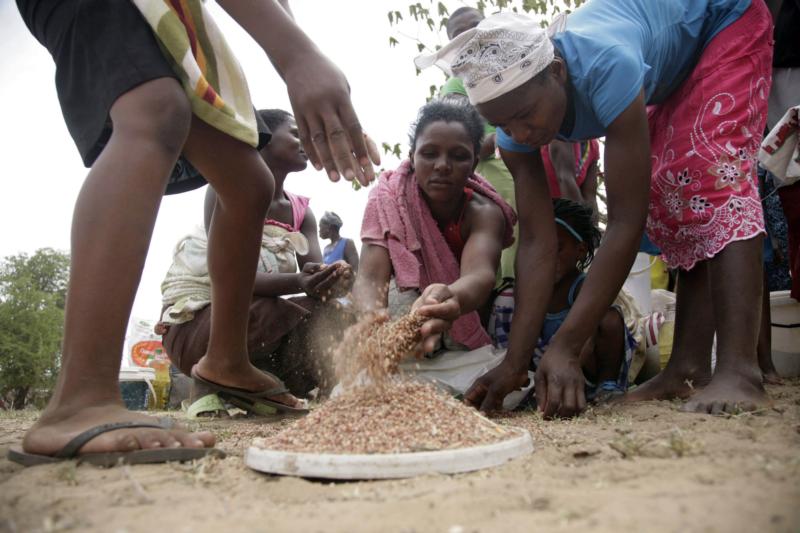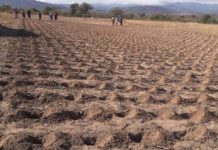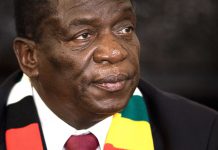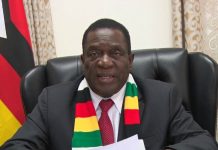
LAST Sunday, my pastor said something significant: Zimbabweans are quick to boo at President Cyril Ramaphosa from the terraces of the National Sports Stadium, but what are they doing about those who are looting and killing in their own backyard?
It got me thinking. Have we become utterly hopeless as a nation? We bury our heads in the sand, focus on trivial stuff and conveniently ignore issues that really matter. An entire nation has been reduced to a laughing stock, with millions of our citizens forced to rummage for a living in all sorts of countries.
When you have the most catastrophic economy outside a warzone, the rational world would expect your government to expend its energies on stopping the bleeding and stabilising the patient. Not for Zimbabwe. Here the authorities would rather dwell on destructive actions, sparking mayhem and controversy.
Instead of attending to an imploding economy, they have the time, energy and resources to abduct, torture and kill perceived “enemies of the state”.
While we have seen varying statements on the issue of abduction and torture in the wake of various reported incidents in the past two years, the general import of the official stance is to deny culpability and attribute blame to a nebulous “third force”. The government’s excuses are threadbare and unconvincing.
Who is the “third force” and why is the government not arresting its masterminds? Is it the “third force” that snatched Itai Dzamara? Is it the “third force” that abducted and badly tortured Jestina Mukoko? Is it the “third force” that shot and killed — in cold blood — the six unarmed civilians on August 1 last year and 17 more people in mid-January this year?
Zimbabwe has obligations under international human rights law and the time has come to stop paying lip service and start taking these commitments seriously.
On December 20 2006, the United Nations General Assembly adopted the International Convention for the Protection of All Persons from Enforced Disappearance.
It is not by coincidence that Zimbabwe is neither a state party nor signatory to the convention. Enforced disappearance qualifies as a crime against humanity.
The UN must dispatch an urgent petition to the government of Zimbabwe demanding immediate action on the scourge of grave human rights violations.
An independent, transparent and exhaustive investigation must be instituted into these reported crimes. There are no prizes for guessing why the probe has to be independent. It is not accidental that the Zanu PF regime has dragged its feet in complying with a constitutional stipulation to create independent institutional mechanisms for the investigation of the excesses of the security forces.
Logically, the independent investigation would be expected to lead to the identification and prosecution of those responsible for abduction and torture.
Should the state be found liable — directly or vicarious — victims and their families reserve the right to reparation. But I am not naïve in my expectations. After all, impunity is Zanu PF’s middle name. Power retention at all cost is the overarching objective.





